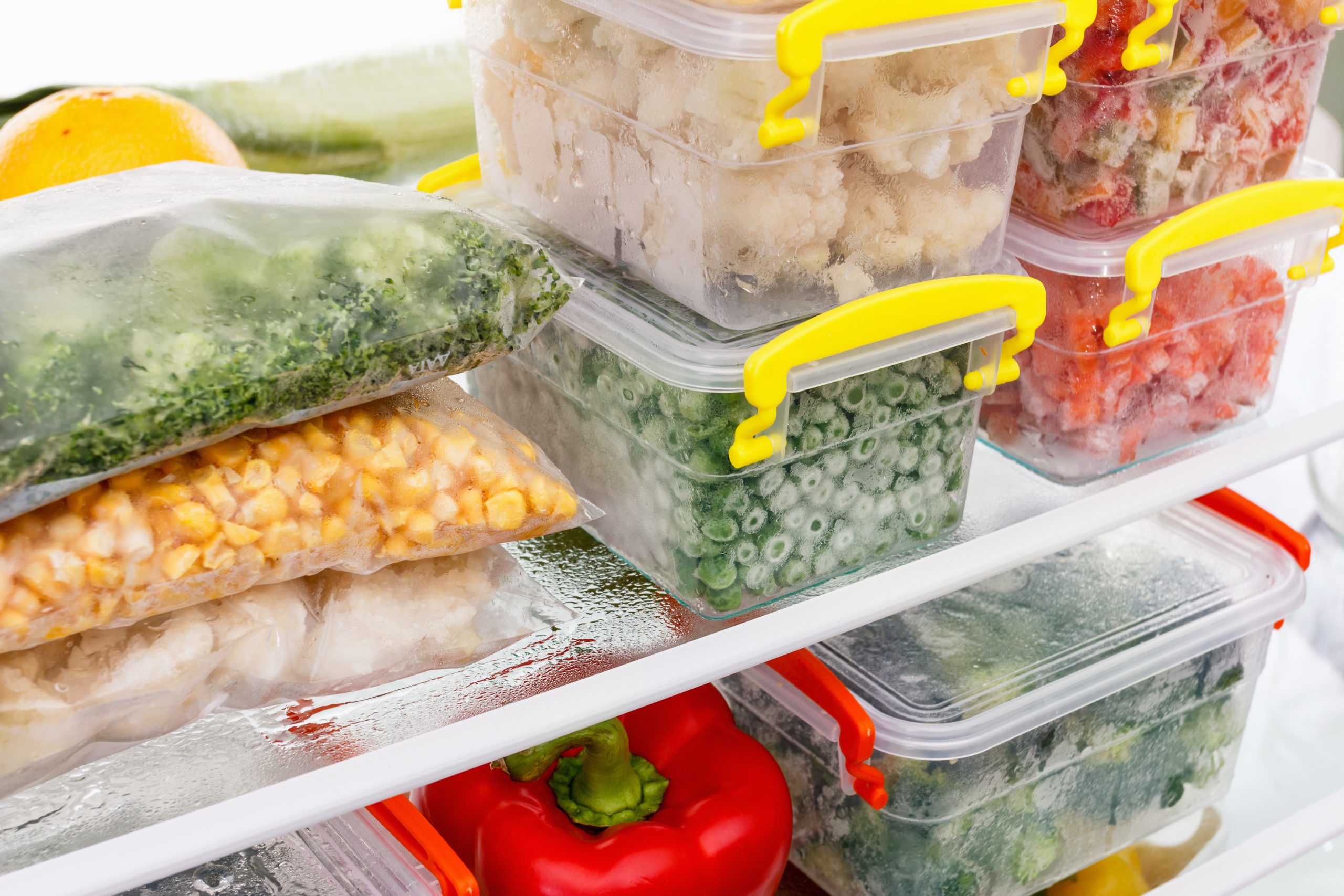Why is food storage important?
Food storage is an essential part of any kitchen. It helps to keep your food fresh, safe, and delicious. By following a few simple tips, you can extend the shelf life of your food and reduce food waste.
- How to store fruits and vegetables
Fruits and vegetables are some of the most perishable foods. To keep them fresh, it is important to store them properly. Here are a few tips:
-
Store fruits and vegetables in the refrigerator. This will help to slow down the ripening process.
-
Store fruits and vegetables in separate containers. This will prevent them from cross-contaminating each other
-
Wash fruits and vegetables before storing them. This will help to remove dirt and bacteria.
-
Do not store fruits and vegetables in the freezer. This will cause them to lose their flavor and texture.
-
How to store meat and poultry
Meat and poultry are also perishable foods. It is important to store them properly to prevent them from spoiling. Here are a few tips:
-
Store meat and poultry in the refrigerator. This will help to slow down the growth of bacteria.
-
Store meat and poultry in airtight containers. This will prevent them from drying out
-
Thaw meat and poultry in the refrigerator. This will help to prevent the growth of bacteria.
-
Cook meat and poultry to the proper temperature. This will help to kill any harmful bacteria.
-
How to store dairy products
Dairy products are another type of perishable food. It is important to store them properly to prevent them from spoiling. Here are a few tips:
-
Store dairy products in the refrigerator. This will help to slow down the growth of bacteria.
-
Store dairy products in airtight containers. This will prevent them from drying out.
-
Use dairy products by their expiration date. This will help to ensure that they are still safe to eat.
-
How to store grains and legumes
Grains and legumes are not perishable foods. However, they can still spoil if they are not stored properly. Here are a few tips:
-
Store grains and legumes in a cool, dry place. This will help to prevent them from becoming moldy.
-
Store grains and legumes in airtight containers. This will help to keep them fresh.
-
Use grains and legumes by their expiration date. This will help to ensure that they are still safe to eat.
-
How to store canned goods
Canned goods are not perishable foods. However, they can still spoil if they are not stored properly. Here are a few tips:
-
Store canned goods in a cool, dry place. This will help to prevent them from becoming damaged.
-
Do not store canned goods in the refrigerator. This will cause them to lose their flavor.
-
Use canned goods by their expiration date. This will help to ensure that they are still safe to eat.
-
How to store frozen foods
Frozen foods are not perishable foods. However, they can still spoil if they are not stored properly. Here are a few tips:
-
Store frozen foods in the freezer. This will help to keep them frozen.
-
Do not thaw frozen foods in the refrigerator. This will cause them to lose their flavor.
-
Use frozen foods by their expiration date. This will help to ensure that they are still safe to eat.
-
How to store leftovers
Leftovers are perishable foods. It is important to store them properly to prevent them from spoiling. Here are a few tips:
-
Store leftovers in the refrigerator. This will help to slow down the growth of bacteria.
-
Store leftovers in airtight containers. This will prevent them from drying out.
-
Use leftovers within a few days. This will help to ensure that they are still safe to eat.
-
How to avoid food poisoning
Food poisoning is a serious illness that can be caused by eating contaminated food. Here are a few tips to avoid food poisoning:
-
Wash your hands thoroughly before and after handling food.
-
Cook food to the proper temperature.
-
Store food properly.
-
Avoid cross-contamination.
-
Use clean utensils and cutting boards.
-
Additional food storage tips
-
Use the FIFO method. This stands for “first in, first out.” This means that you should use the oldest food first.
-
Rotate your food supply. This means that you should use the food that you have on hand before you buy more.
-
Keep your refrigerator at the proper temperature. This will help to keep your food fresh.
-
Clean your refrigerator regularly. This will help to prevent the growth of bacteria.
By following these food storage tips, you can help to keep your food fresh, safe, and delicious.

